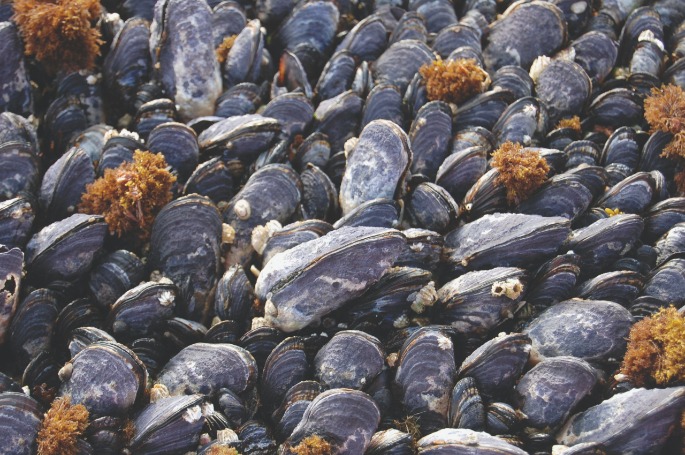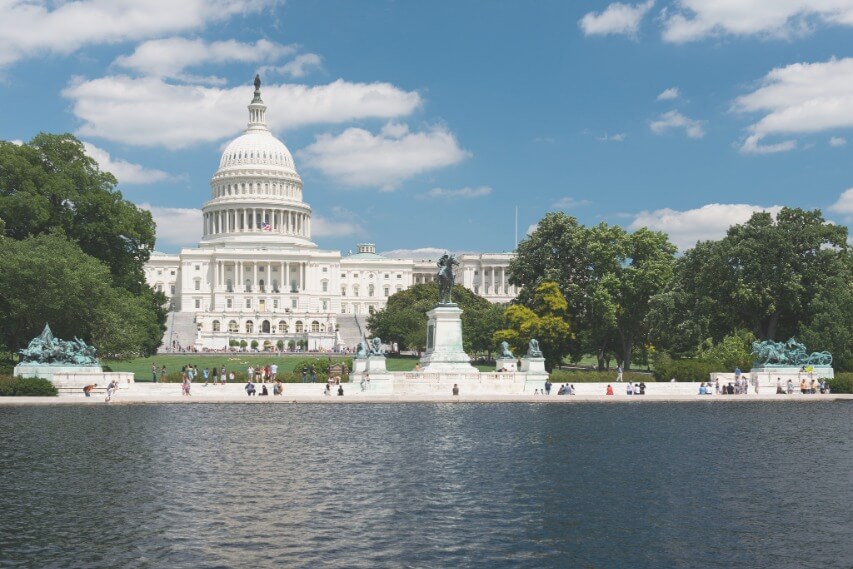At COMPASS, we believe that science doesn’t only teach us about how and why our planet is changing. It also provides a way for us to learn about potential solutions. This belief is a guiding principle for the COMPASS policy team and we always have our proverbial ear to the ground (or water!) to see where science can help inform effective, ecologically focused, science-based solutions and policy.
One place where science is poised to inform policy, is ocean aquaculture. As the population continues to expand – both domestically and globally – identifying secure, safe sources of protein is a critical need. With two-thirds of the planet covered in water, it is logical to turn to the ocean as an arena for producing food. Globally, aquaculture is the fastest growing food sector, underscoring the importance of understanding the scientific, policy, and social implications of ocean aquaculture.
As with all types of cultivated food production, there are complex and interwoven challenges and opportunities in ocean aquaculture. Indigenous knowledge and current research can answer questions around environmental safeguards, ecological impacts, long-term sustainable use of marine resources, and the social dimensions of ocean aquaculture. While we’ve developed a deeper scientific understanding of aquaculture, a gap has remained between the state of the science, federal policy, and public perceptions of ocean aquaculture in the U.S.
COMPASS staff examined the U.S. aquaculture landscape by speaking with more than 50 scientists, managers, policymakers, and representatives of tribal nations. These stage-setting conversations reflected the key questions surrounding ocean aquaculture, such as best management practices, economics, pollution, interactions with wild populations, and climate change. They also highlighted some of the scientific, technological, and cultural advancements in contemporary aquaculture that could address and reduce some of the perceived risks.
In order to help provide policymakers with research insights on the science related to aquaculture, COMPASS convened a roundtable discussion titled Science in Action: Exploring the Future of U.S. Ocean Aquaculture with 16 scientists representing a wide range of knowledge and experience, along with congressional staff and federal agency representatives. The group examined ways that science can inform safe, sustainable, and socially acceptable ocean aquaculture in the United States. Discussions centered around the scientific and technological advancements, holistic and integrative approaches, and community buy-in – or social license – that is needed to ensure a healthy ocean, thriving coastal communities, and food security.
A major goal of this event was to bring together policymakers, federal agency representatives, and scientists to exchange ideas, engage in dialogue, and build new working relationships. As the federal dialogue continues around the role of U.S. aquaculture, we will continue to ensure that scientific expertise and the wisdom of Indigenous Peoples have a seat at the table. We appreciated the insights from our legislative and executive branch colleagues, as well as the time and effort from our scientific experts who attended. Learn more about the roundtable and the scientific insights presented by downloading the summary here.



